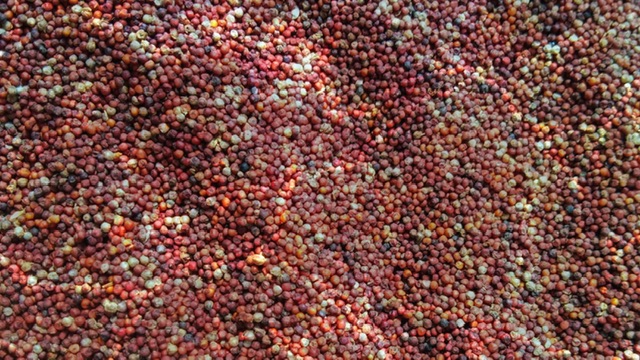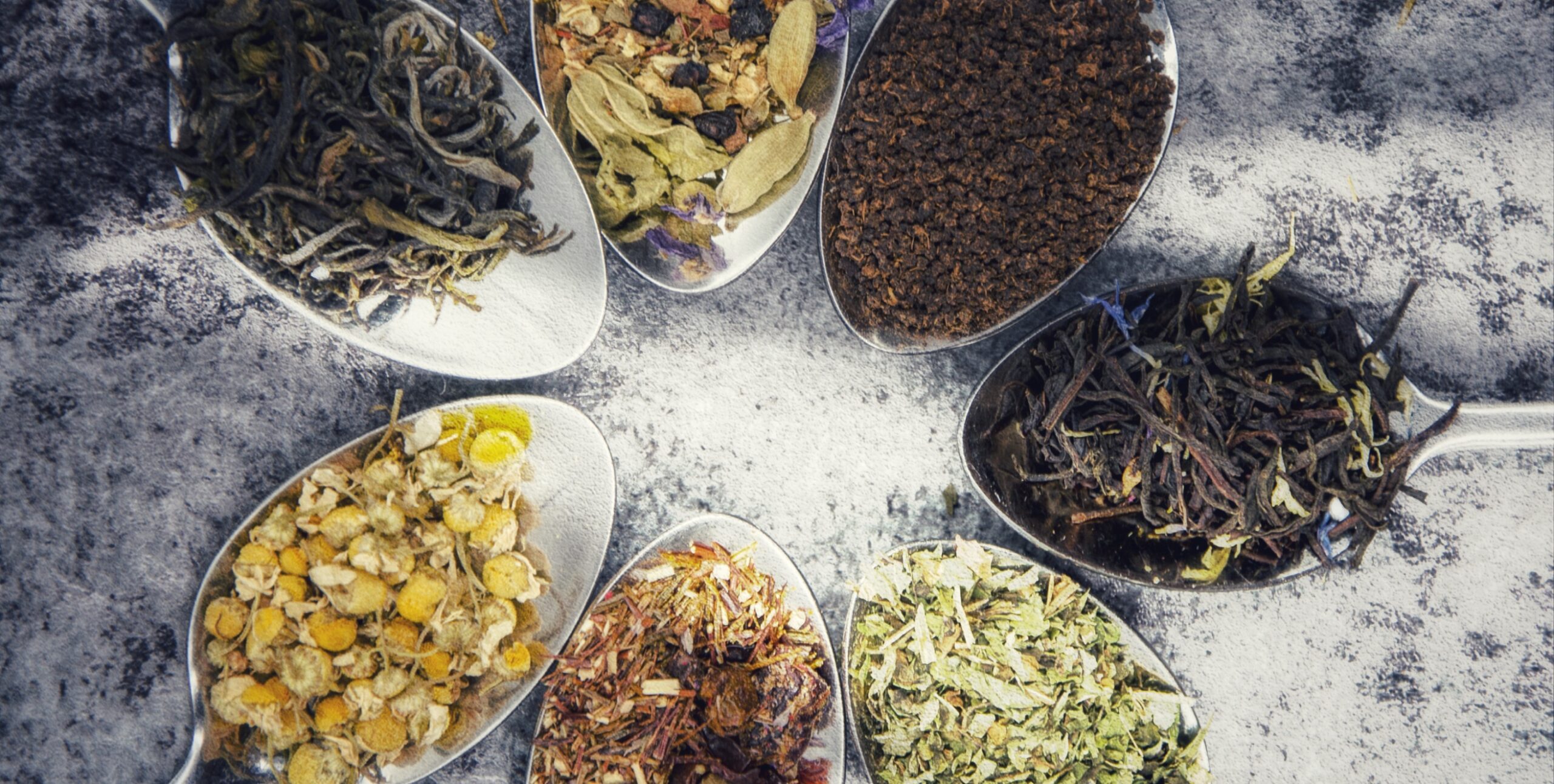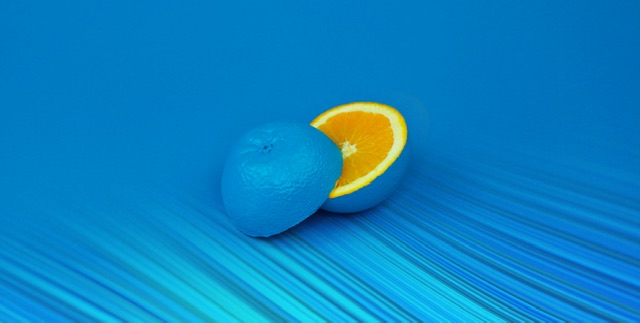Also known as ‘sarso’ or ‘rai’ in Hindi, belong to the mustard plant which is part of the cruciferous plant family. This same family of plants includes cabbage, brussels sprouts, broccoli and even cauliflower. They are available in white, brown and black varieties and are used by people worldwide. Packed with nutrients, the mustard seeds not only lend flavour to your food but also have medicinal applications dating back to the time of Hippocrates.
Here are some reasons why you should include mustard seeds in your diet:
• The glucosinolates and myrosinase compound present in mustard seeds are known to prevent the growth of cancer-causing cells in the body.
• They are suitable for heart health as they help in reducing blood pressure, raising HDL (‘good’) cholesterol levels, and reducing arterial plaque and inflammation.
• Mustard seeds are effective for psoriasis and critical inflammatory autoimmune diseases.
• They are helpful for therapeutic healing in contact dermatitis.
• They have anti-bacterial properties that are helpful for treating lacerations which is produced by ringworm.
• Mustard seeds are beneficial for women during the menopausal period and also aid in lowering the risk of osteoporosis in old women.
• They are packed with magnesium that soothes our nervous system and relieves the pain and strain in different parts of the body. Mustard also provides pain relief effects in paralysis of limbs, spasms, back pain and other muscle problems like stiff or sore muscles
• Mustard seeds are a good source of dietary fibres that improve digestion in the body.
• They strengthen bones, teeth, and gums and their antioxidant and anti-inflammatory properties help in relieving pain in them.
• The selenium and magnesium content in mustard seeds help in providing relief from rheumatic arthritis.
• The seeds hydrate your skin, remove all the impurities and protect your skin from acne whereas mustard oil which is loaded with vitamin E, helps reduce fine lines and wrinkles, and acts as a sunscreen. Mix some of the mustard seeds with aloe vera gel and honey and then apply the same on your face and skin to hydrate it in the desired manner.
• Mustard seeds are packed with protein, calcium, vitamins A and E, omega-3, and omega-6 fatty acids, which help strengthen hair from within and condition them.
• Mustard seeds have soothing effects in the treatment of cold and flu problems and act as a decongestant.
How to have mustard seeds:
You can add mustard seeds to your food or use mustard oil for cooking. You can also add mustard seeds to your salad dressing, pickles or chutneys. Mustard seeds can be steeped in warm milk, whisked into salad dressings, ground sprinkled into warm meals, or soaked and used to make a mustard paste. Mustard seeds
are also used in the preparation of south-Indian dishes.
1. Cabbage with mustard seeds:
• Chop some cabbage and onions.
• Heat some oil. Sprinkle mustard seeds all over and cover the lid immediately.
• Wait till the seeds settle down and stop spluttering or popping.
• Now add cabbage and onions. Heat it on a medium flame.
2. Mustard seeds rice:
• Boil some rice.
• Right before serving, temper a little ghee in a pan, and add yellow, white and brown mustard seeds.
• Add some cumin seeds.
• Once they start to splutter, add rice and serve immediately.
• Mustard seeds will add a new flavour to the rice.
• Serve it hot with other vegetables, curry or dal.
3. Mustard seeds dip sauce:
• Add mustard seeds, honey and a few other seasonings of your choice together.
• This would make for a pungent yet sweet-tasting dip.




